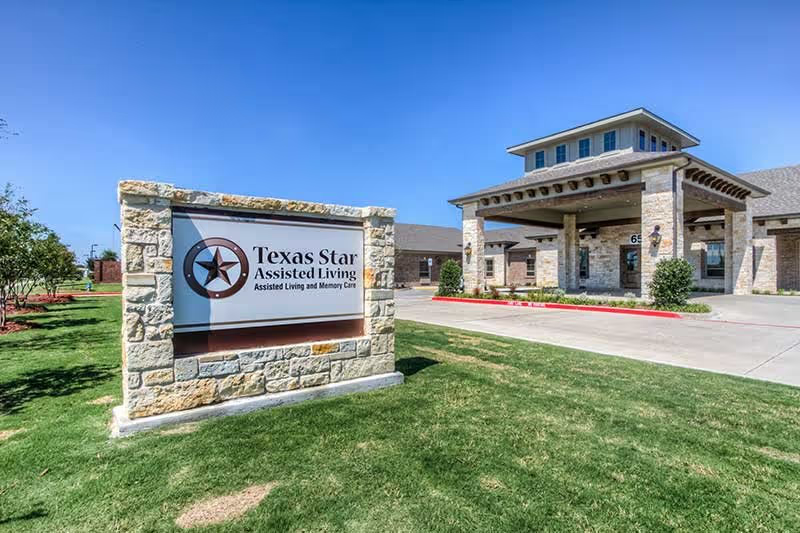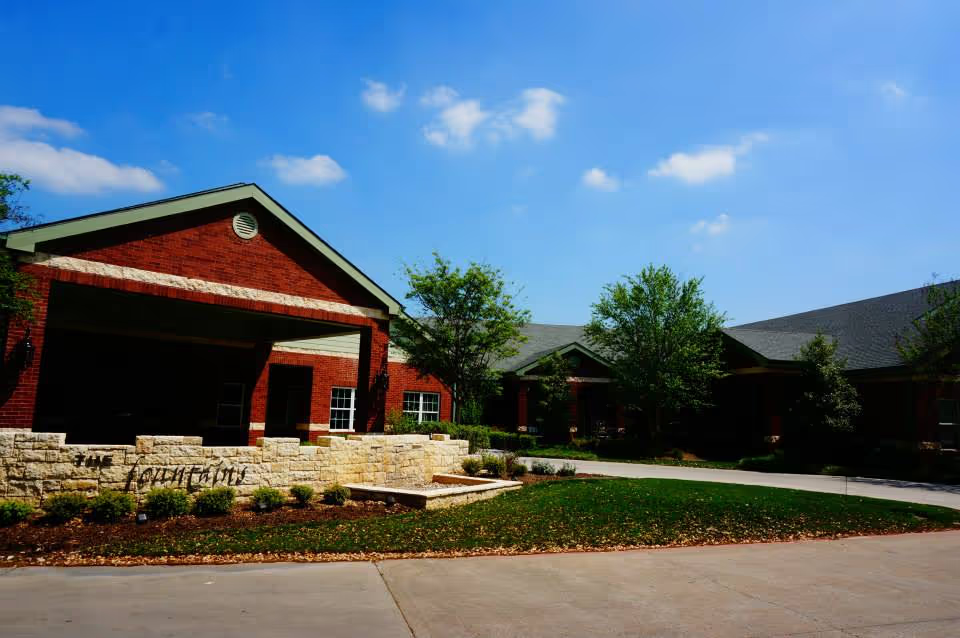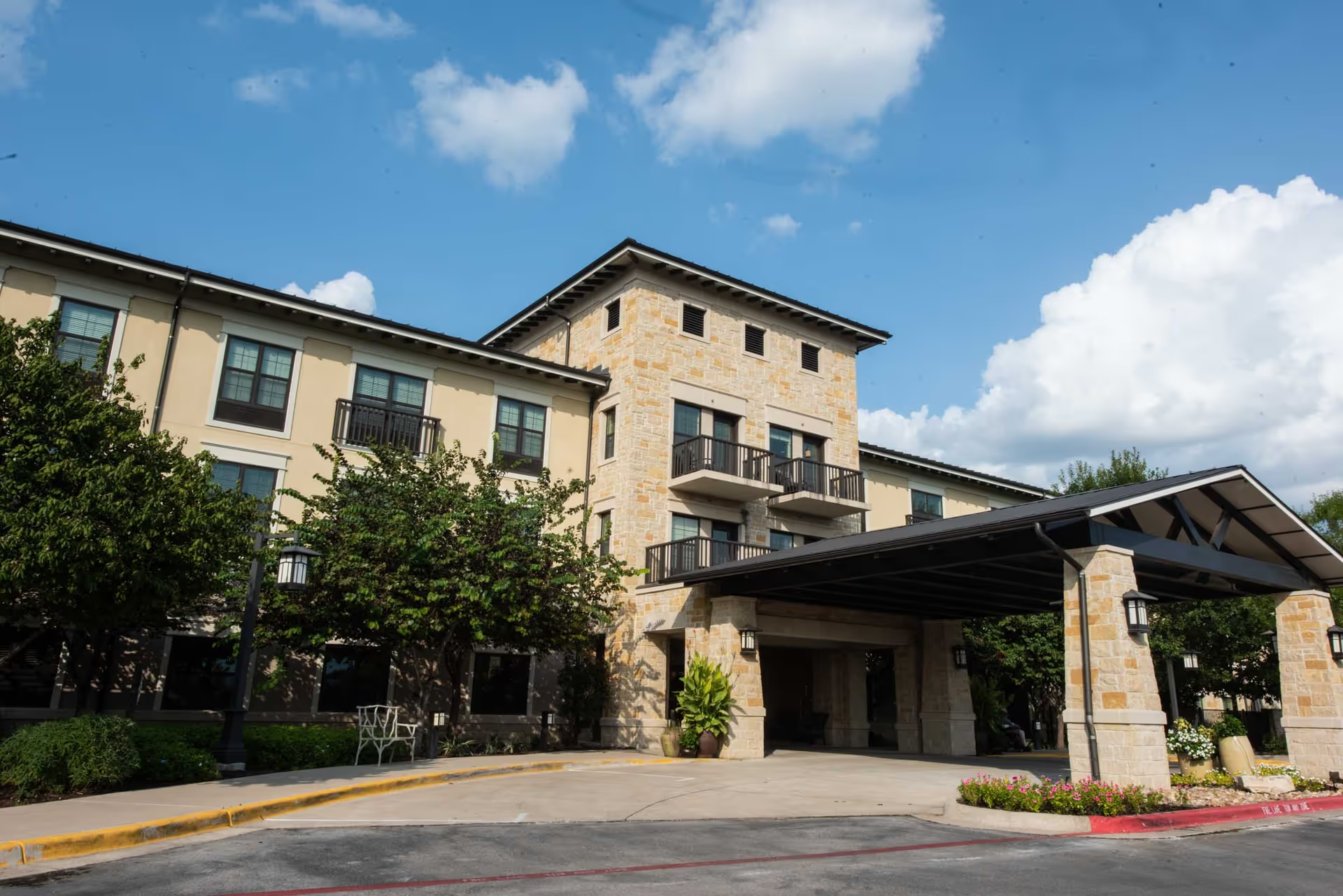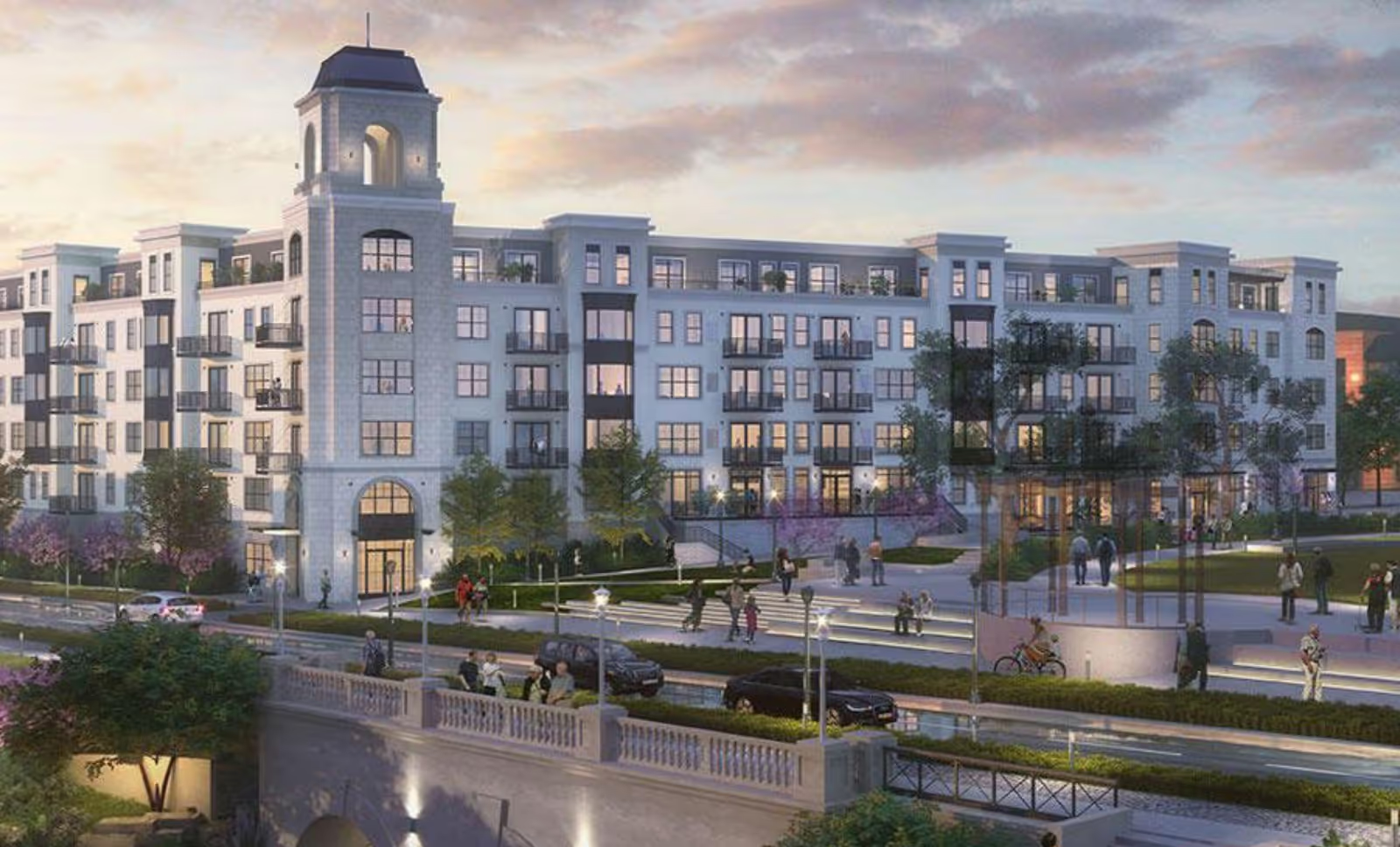Overall sentiment across reviews is mixed but leans positive, with the strongest and most consistent praise centered on staff, the facility’s appearance, and the active social environment. Many reviewers describe Rivermont as warm, welcoming and professional. Staff at nearly every level — admissions, nursing, CNAs, housekeeping, dietary and activities — are frequently called compassionate, caring, patient and attentive. Multiple families emphasize that staff go above and beyond, provide dignity-preserving care (especially for dementia), and offer emotional as well as physical support. Low staff turnover and experienced employees are repeatedly noted as a strength, contributing to continuity of care and a sense that residents are known and treated as individuals.
The physical environment and amenities are another major positive theme. The campus and grounds receive regular praise for being beautiful, well-kept and bright: gardens, courtyard fountains, attractive dining areas, and library/salon spaces are commonly mentioned. Common areas are described as clean, modern and non-institutional. Housekeeping and maintenance are usually described as strong, with staff responsive to repair requests and safety concerns. Many reviewers highlight a restaurant-style dining experience with appealing plating and variety; several call the food among the best of the facilities they toured, though this is not unanimous (see below). The presence of an on-site continuum of care (independent living, assisted living, memory care, respite) and offerings such as transportation, trips, and monthly family dinners add to the appeal for families seeking a one-campus solution.
Activities and social life are a frequent positive: reviewers report a busy social calendar with many activities, outings (casinos, shopping), entertainment, and engaged life-enrichment staff. For many residents, these opportunities appear to support a more active and happier daily life. Families often note that their relatives settled into routines, enjoy meals and social interaction, and have regained stability since moving in. In addition, many accounts emphasize strong infection control and COVID-19 safety measures, which reassured families during the pandemic.
Despite these favorable themes, there are recurring operational and administrative concerns that prospective residents and families should weigh carefully. Price is a major issue: multiple reviews call Rivermont expensive or high-priced, and several reviewers express concerns about value for money. Room size and in-room amenities are another common complaint — many units are described as small with limited storage and no kitchenette, microwave, or refrigerator, which can be a meaningful limitation for residents accustomed to having these conveniences.
Management and payment practices generate notable negative feedback in a subset of reviews. A recurring specific grievance is the owner/management’s payment policy: reports that credit cards are not accepted and that cash or checks are required were cited multiple times, creating inconvenience and even anxiety. Some reviewers report unresponsiveness from management, limited availability (management “always on vacation”), and problematic communication—especially inconsistent handoffs between shifts, which has been linked to missed care tasks or insufficient family notification in at least one critical incident. There are also allegations of rent increases, eviction threats tied to payment processing, and at least one report describing an ejection after falls, all of which heighten concerns about administrative responsiveness and resident security.
Care quality perceptions split along a strong majority who praise individualized, compassionate care and a minority who report serious lapses. Many families describe tailored attention (personalized meals, music for stress relief, nursing coordination), improved hygiene and wellbeing for their loved ones, and competent dementia care that preserves dignity. Conversely, some reviewers describe inconsistent or insufficient care: missed oral hygiene, uncharged hearing aids, failure to recognize acute clinical issues (e.g., a stroke not recognized), and lost clothing or belongings. A few reviewers explicitly say Rivermont’s memory care fell short of specialized expectations and compared it unfavorably to other nursing-home-style programs. Staffing strain is implicated in these negative stories; several comments indicate staff are overwhelmed due to resident acuity relative to staffing levels.
Food and dining are mostly praised but with caveats. Numerous reviews celebrate delicious, varied meals and commend dining-room staff for friendliness and service. Others note an initial high standard followed by periods of lower quality (kitchen turnover/new chef) and isolated complaints that food was not tasty. Dining logistics are also impacted by room amenity limitations (no in-room fridge or microwave) noted by several families.
Patterns worth emphasizing for decision-making: (1) If staff warmth, an active social program, attractive grounds and a well-run campus are your top priorities, many reviewers find Rivermont excels. (2) If you are budget-sensitive or require larger private living spaces with kitchenettes, the facility’s cost and room configurations may be problematic. (3) Administrative practices around payments and communication have been repeatedly flagged and should be clarified up front (ask specifically about accepted payment methods, how billing is handled, policies on late payments/eviction, and how families are notified about incidents). (4) Memory-care expectations should be discussed in detail — while many families praise dementia-sensitive care, other reviews claim services are not as specialized as advertised and cite hygiene/shift-communication problems.
In summary, Rivermont presents as an attractive, well-kept community with many devoted staff and robust programming that makes many residents feel at home. The common strengths are staff compassion, pleasant facilities, active life-enrichment, and overall cleanliness and safety. Prospective residents should probe specific administrative and operational areas during tours and contract negotiations — particularly pricing, payment options, room amenities, staffing ratios, shift-to-shift communication, and concrete examples of memory-care capabilities — to ensure the facility’s strengths align with their priorities and to mitigate the more serious concerns that some reviewers experienced.







